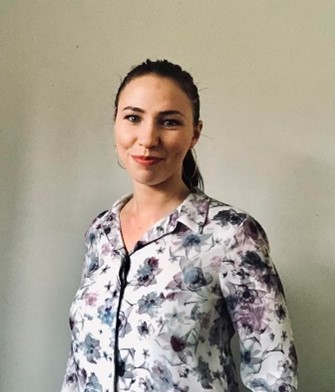Summary :
Context. Today, there is a crying need for research into the ethical dimensions of occupational therapy. Yet ethics remains a nebulous and complex discipline for many occupational therapists. Exploratory research has identified that occupational therapists working in the Medico-Psycho-Pedagogical Centers (MPPC) are confronted with various ethical issues that compromise the values they consider essential to the ethical practice of the profession.
Objectives. Document current ethical issues in french occupational therapy practice in MPPC. To explore the place of ethics and meaningful values in the lived experience of occupational therapists practicing in MPPC. Reinforce evidence-based knowledge for ethical reflection and ethics education of occupational therapists.
Methods – tools. In order to better describe and understand the ethical reflection undertaken by occupational therapists, a mixed-methods research approach combining qualitative and quantitative data was adopted. Two questionnaires and three focus groups were used to collect the data.
Results. The research sample included seven occupational therapists. The ethical analysis method based on the Quadripartite Ethical Framework (QEF) is an efficient resource to support occupational therapists in their ethical reflection. Professional identity and values, as well as conceptual models, appear to reinforce their ethical approach.
Discussion – conclusion. Ethical reflection and research in occupational therapy are still in their infancy. However, there is an urgent need to develop research in this field in order to limit the ethics of conviction in favour of a practical ethics of discussion and collegiality.
Cet article est payant !
Je suis abonné, je m’identifie ci-dessous.
Je ne suis pas abonné, j’achète ici
Article rédigé par :
-

Ludivine Lenoir
Ergothérapeute DE
Étudiante en Master 2 de Santé publique, parcours « Intervention en promotion de la santé »
l-lenoir@hotmail.fr

